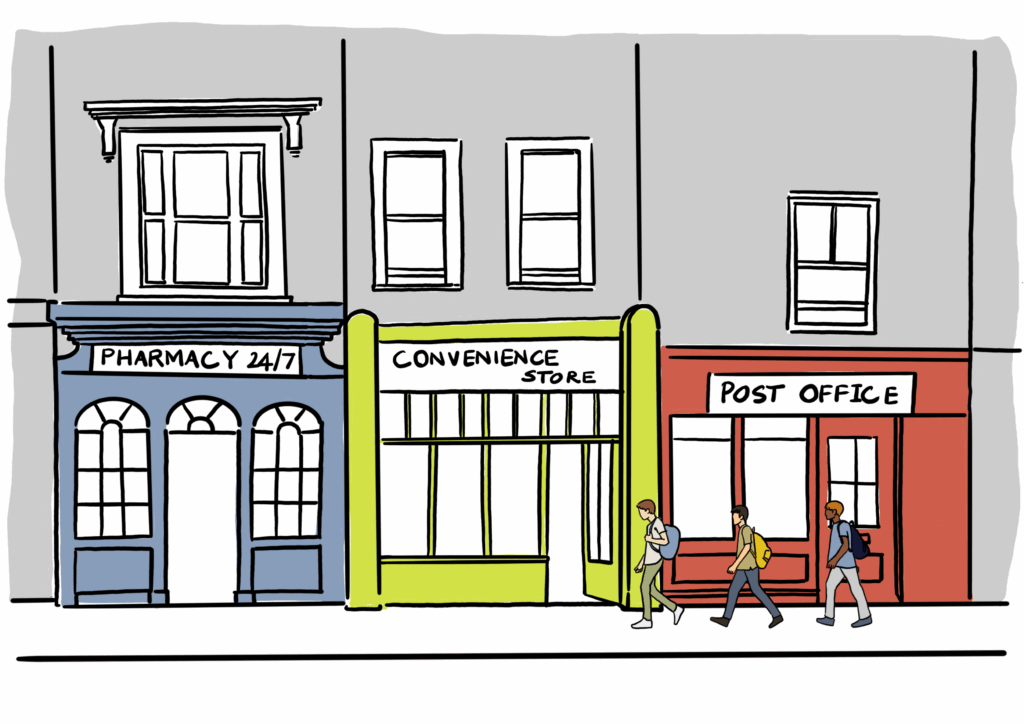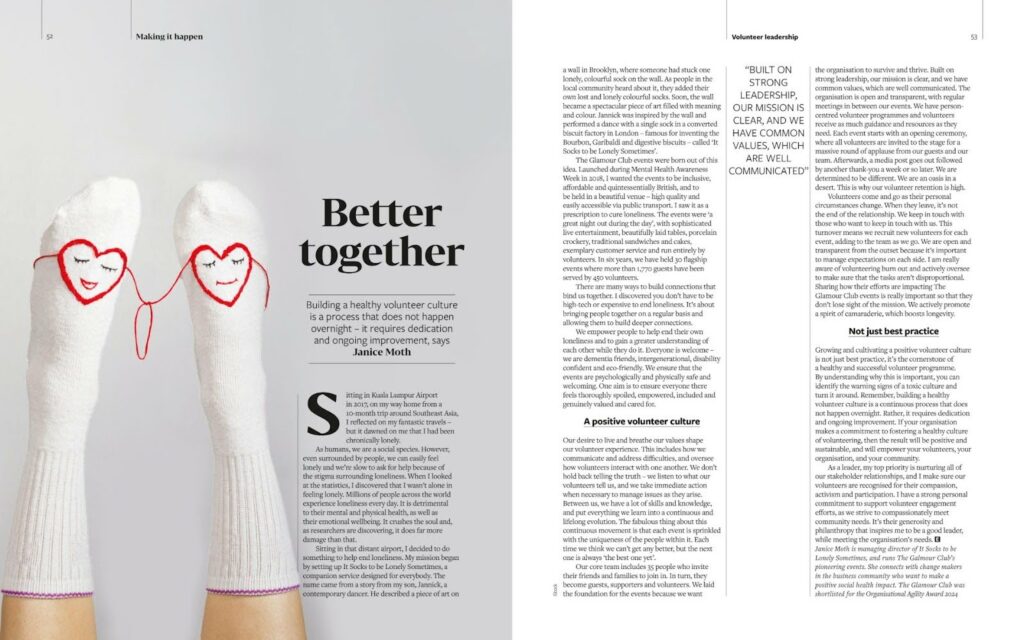ACS Wellbeing Guide: Learnings on loneliness

Steve Dowling (Association of Convenience Stores) explains how the ACS Wellbeing Guide is helping people running and working in local shops to flourish in the workplace. ACS is the voice of 33,500 local shops and petrol forecourts, ranging from large national chains to single-site independent retailers, providing essential groceries and services in all types of communities.

Good wellbeing is good business
The ACS Wellbeing Guide, published earlier this month, is all about helping the people running and working in local shops to flourish in the workplace. Wellbeing has emerged as a widespread concept, best understood as ‘how we are doing’ as individuals and something dynamic to the world we experience around us. The extent to which colleagues feel lonely and the quality of our connections cannot be separated from wider wellbeing.
Good wellbeing is good business – for convenience retail a healthy, engaged workforce will be more productive and deliver additional customer spend and loyalty via better customer service. A proactive approach also improves business resilience and cuts costs, by reducing sick pay costs and improving staff retention.
Tackling loneliness with good quality jobs
Convenience retailers provide 392,000 good quality jobs which are local, secure and offer genuine flexibility. We know from our annual Colleague Survey that the three ‘best things about working in a convenience store’ are: interacting with customers, working with colleagues, and working as part of the community. This shows why promoting wellbeing and tackling loneliness for colleagues is so bound up with performing the same role for our customers and communities: the same interactions influence both parties so for every effective approach to promoting wellbeing there is a quadruple win, for the business, for colleagues, for customers and for community cohesion.
It also explains why loneliness is experienced less by local shop colleagues than the average UK worker and the value of sociable jobs. The timing of this conversation could not be more pertinent: retailers want to reward colleagues for their exceptional efforts throughout the pandemic – and the pandemic highlighted our reliance on local support networks. So, how can retailers and smaller employers tackle loneliness in practice?
The answer doesn’t require bringing together vast text-heavy documents or capital investments, it’s about practical people-to-people store level activities available to all, linking to local community work like tree planting or other improvements. It’s also about developing inclusive and welcoming teams to avoid isolating anyone and reaching out to colleagues to offer a supportive voice when triggers for loneliness occur. As a smaller employer or store leader, it’s having the confidence to take a lead but the awareness to know nobody expects you to ‘cure’ them or have all the answers to loneliness.
The ultimate impact of specific actions can be hard to quantify but the annual cost of loneliness runs at £82 per employee – and of course being proactive as a good employer is simply the right thing to do. The desire to understand wellbeing and combat loneliness was striking while developing this guide alongside the What Works Centre for Wellbeing, with countless independent retailers describing staff as ‘family’. Many retailers are doing these things already but not defining them as actions tackling loneliness.
The ACS Wellbeing Guide provides a practical template retailers can use to grow their business through good quality jobs and tackle loneliness. It will be a live and ongoing resource, informed by the work of the wider Tackling Loneliness Network.
Tackling Loneliness in the Community
When we ask which services have the most positive impact of the local area, it’s convenience stores that are rated highest. And when we ask customers to describe the relationships they have with the people who run and work in their local shop, they tell us about a familiarity and engagement that goes beyond a normal business.
This shouldn’t be a surprise. We can all relate to the way convenience retailers positively combat loneliness in the community by acting as a social hub and through everyday conversations. We also know that those in-store conversations are too often the only social interaction people have through the day, meaning their importance cannot be underestimated.





This week’s guest blog is from @SteveDowling94 on the ACS Wellbeing Guide. Thank you, Steve!